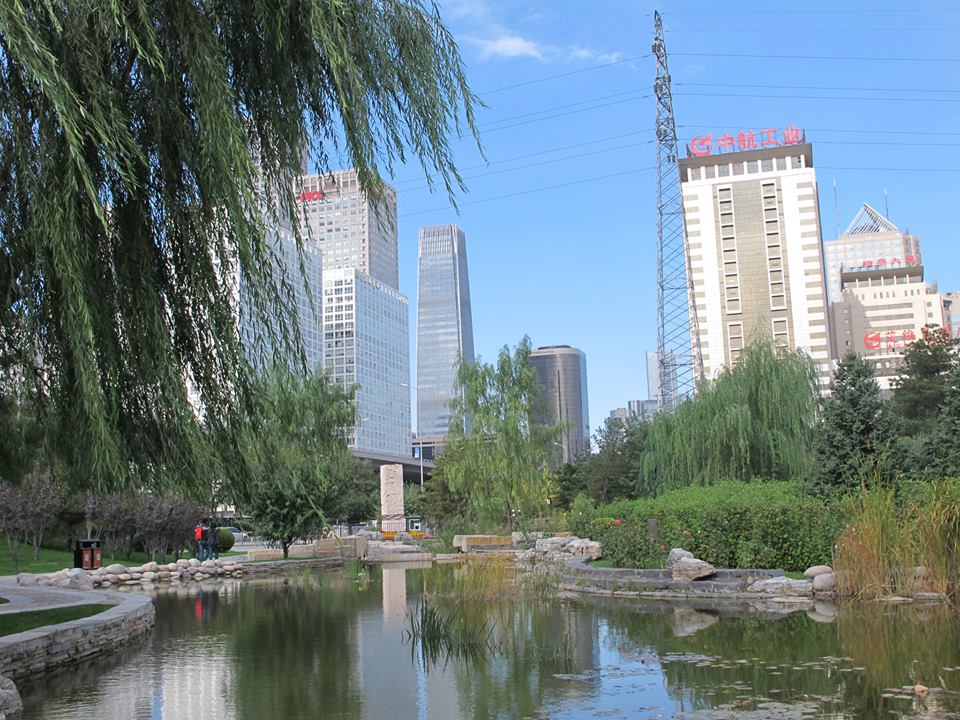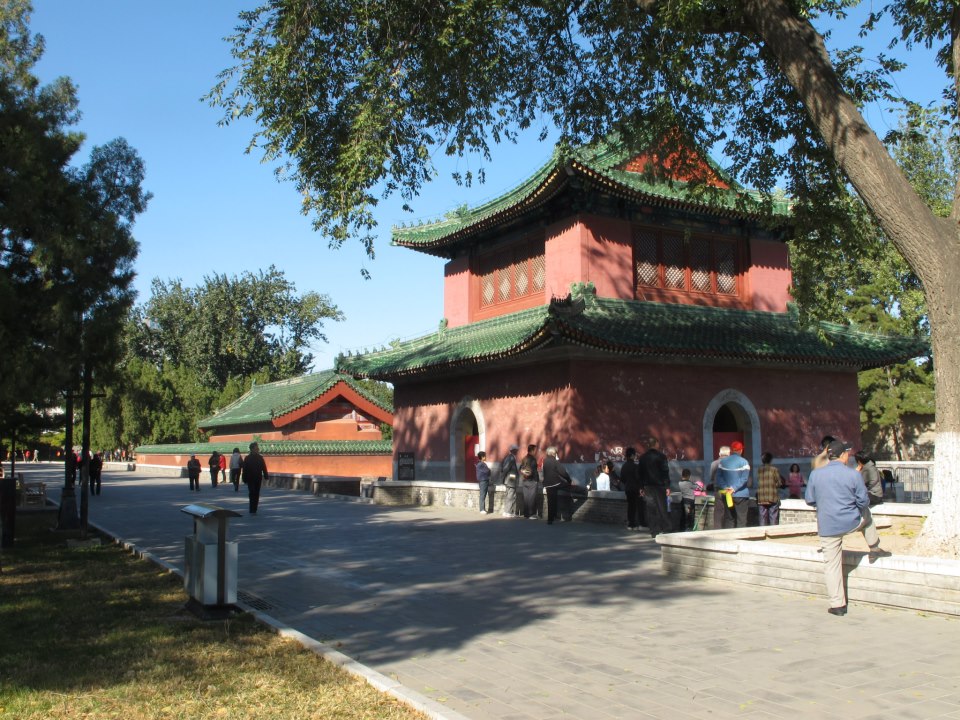Many people have avoided China in the past because with very few exceptions, a visa is required. Chinese visas are relatively complicated to obtain and they are very expensive for US passport holders. This has put Chinese airlines at a competitive disadvantage because until recently, the Chinese government required almost everyone entering the territory of the People’s Republic of China to be in possession of a valid visa. This applied even if you were just flying through a Chinese airport en route to somewhere else.
I am pleased to report that this has all changed. Almost overnight, and probably in response to heavy lobbying from Chinese airlines (who are trying to grow their international business), China has substantially liberalized its visa regime. At most gateway cities in China, it is now possible to transit for 72 hours. The full list is here. Unfortunately there is still a lot of confusion over the 72-hour transit policy, so I’ll try to make things as clear as possible.
What can you do in 72 hours? A lot! You can easily see the Great Wall, Forbidden City and Summer Palace in Beijing, but you could actually do much more. Other Chinese cities are equally rich, vibrant and exciting. The only limit to what you can do is your imagination.
“Transit” in China is defined as flying into a Chinese city en route to somewhere else outside China. The definition of “outside China” includes Taiwan, Macau and Hong Kong for visa purposes. So, if you fly from San Francisco to Beijing, spend 72 hours in Beijing, and then continue onward to Hong Kong, this is allowed under the policy and you’ll have no problems. The same applies if you’re going to any other country outside China, as long as it’s a third country and isn’t the country from which you originated.
Unfortunately, there are still a few snags and restrictions, and my friend Jesse was tripped up by one of them today. He bought a ticket from Seattle to Shanghai via Beijing. He planned to use the 72 hour visa-free transit in Shanghai, and then continue to Hong Kong for 4 days before returning to Seattle. It all seemed like a perfect plan and would totally have worked except for the fact that visa-free transit begins in the city where you enter China. In order to use visa-free transit, you have to enter and leave China from the same city, and you also aren’t allowed to travel between cities in China while you’re on a visa-free transit. So, if Jesse wasn’t rejected at the airport in Seattle for his failure to hold a Chinese visa, he would have been turned around in Beijing–or, at best, he would have had to re-book his connecting itinerary to Hong Kong from Beijing instead of Shanghai. Not the sort of thing that is a nice surprise! I advised Jesse to instead obtain a tourist visa for China. I wrote detailed information about how to do so here. He wasn’t thrilled that he has to get a visa, but he’s happy to learn this before taking the trip.
So, in summary, here are the things to double-check before you plan to use 72-hour visa-free transit in China:
- It only works in the participating list of cities. This includes the major transit hubs of Beijing, Shanghai and Guangzhou. Make sure the city you plan to transit participates.
- It only works for eligible countries. Most Western and many Asian countries are eligible but many countries (such as India) are not. Make sure your passport qualifies.
- You need to be traveling from China directly to a third country. You can’t fly from, for example, the US to China directly back to the US. However, if you’re flying from San Francisco to Beijing to Tokyo to San Francisco, you are transiting Japan, which means that you’re continuing from China to a third country. This makes you eligible for 72-hour visa free transit in China.
- Your transit city is considered the city that you first enter China.
- You must fly in and out of the same city.
- You are not allowed to leave the city you are transiting. This means no side trips to Hangzhou from Shanghai, or Tianjin from Beijing.
- You can’t apply for a regular Chinese visa in China while you’re in transit. If, however, you have extenuating circumstances (such as a cancelled flight or a sudden illness requiring medical treatment), the Chinese police will not punish you if you explain and prove the reason for your overstay. It is best to contact the Public Security Bureau (the Chinese police) as soon as you are aware of an issue that will require an extended stay in China, as well as your airline, so they can both help you to apply for a proper visa and avoid punishment.
- Not to scare you, but visa issues are taken very seriously in China. It isn’t unheard of for the police to throw you in an immigration jail until they figure out what to do with you in the event that you break the law. This is no different than what happens to illegal immigrants in the United States. If you’re enjoying your visit so much that you want to spend more time in China, travel to a neighboring country and apply for a visa.
Next time you are searching for a flight to Asia, consider flying with a Chinese airline and spending some time in China! The service on Chinese airlines may surprise you–it is rapidly improving–and brash, modern China is truly one of the most exciting destinations in the world.




1 thought on “The Shanghai Sprint – Visiting China Without A Visa”